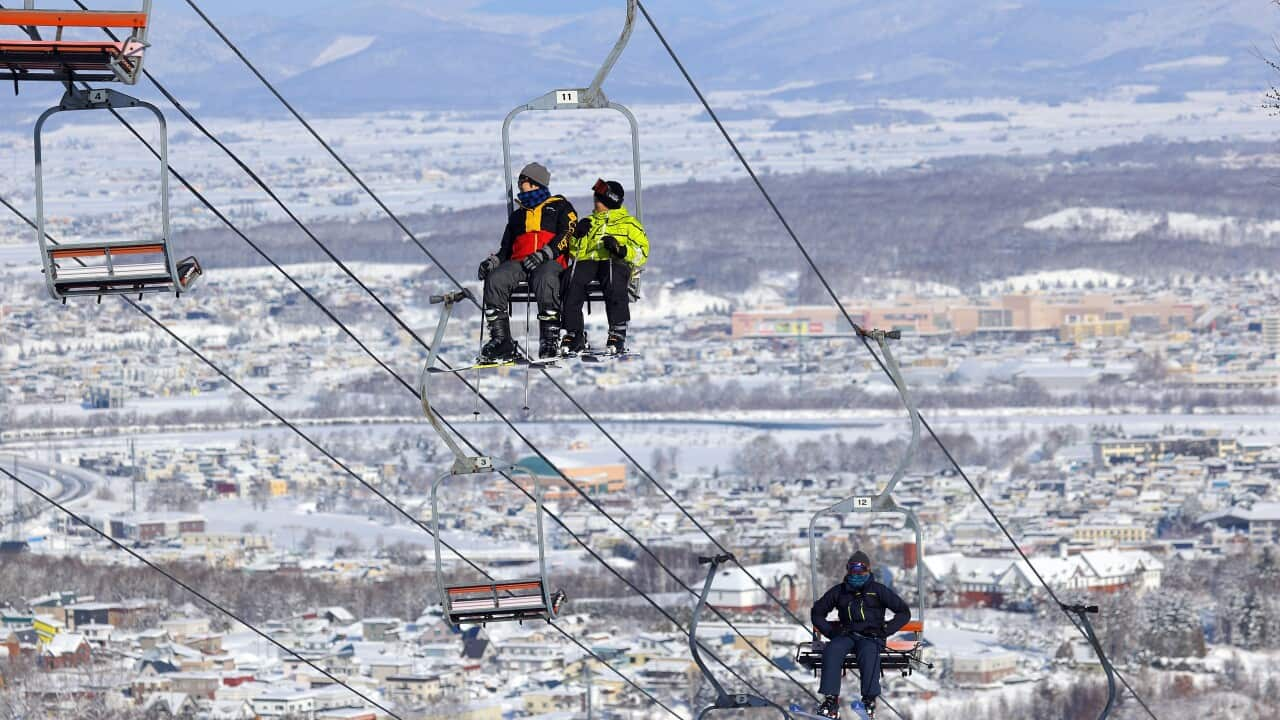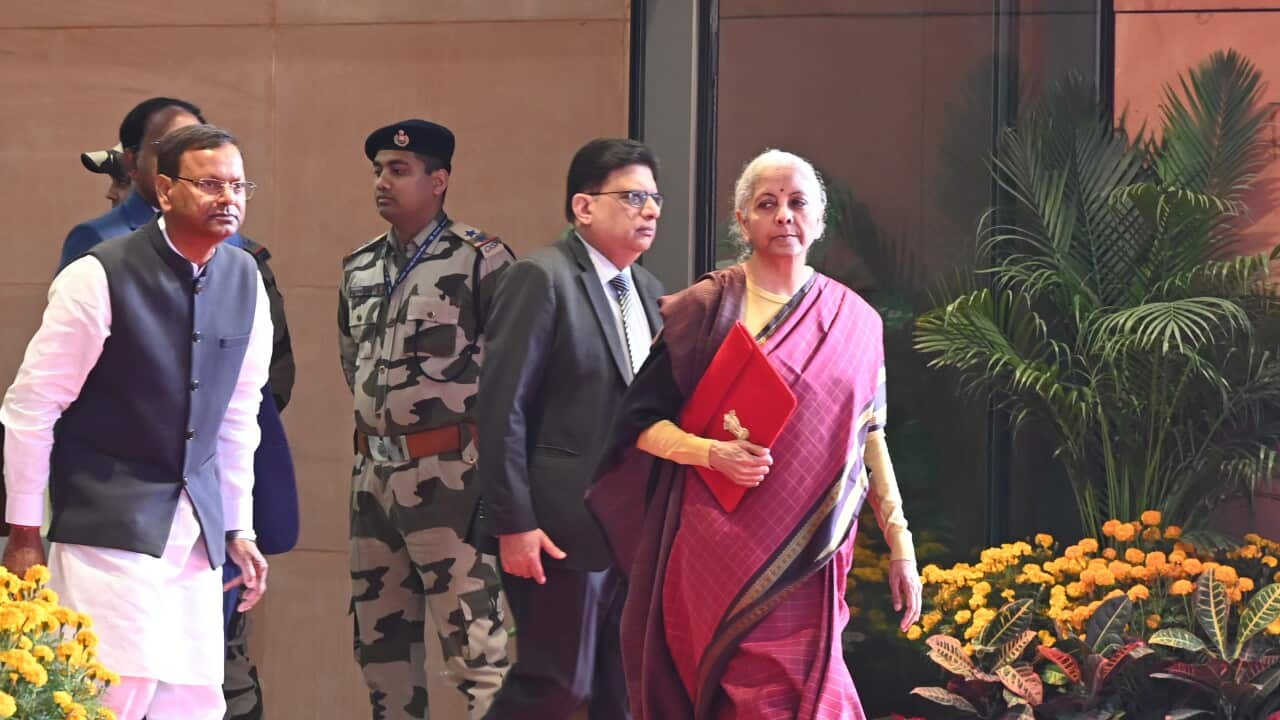Not a day goes by where the Udani family don't think about their late son, Deeyan.
Their seven-year-old son died four years ago from a brain haemorrhage when they were in India on a holiday.
Highlights:
- Saffron Day is organized on 22 October in memory of 7-year-old organ donor Deeyan.
- It aims to challenge the cultural and religious barriers surrounding organ donation.
- Australia has more than doubled its organ donation rate in the last decade.
His parents, Rupesh and Mili Udani, faced an impossible choice.
Rupesh told SBS that Deeyan's donation saved at least four people's lives.
"Deeyan's heart went to a seven-year-old girl who only had 10 days to live. His kidneys went to two people, one 14 and one 19 years old. His liver went to a 33-year-old person. He has also donated his two eyes." Said Rupesh
Rupesh admits he was at first hesitant about consenting to his son's donation.
One in three Australians has registered with the organ donation registry.
Last year, more than 500 deceased organ donors saved the lives of almost 1,500 people. There are still around 1,700 people on transplant waiting lists across Australia, and a further 12,000 people receiving dialysis.
But in some migrant-background communities, barriers still exist.
Despite being a difficult end-of-life topic for many communities, the Udani family organise a donor and tissue donation event every year in memory of their son.
Called Saffron Day, it aims to challenge the cultural and religious barriers surrounding donation, with Deeyan's story encouraging others to follow in his legacy.
People in Australia must stay at least 1.5 metres away from others. Check your jurisdiction's restrictions on gathering limits.
If you are experiencing cold or flu symptoms, stay home and arrange a test by calling your doctor or contact the Coronavirus Health Information Hotline on 1800 020 080.
News and information is available in 63 languages at https://sbs.com.au/coronavirus
Please check the relevant guidelines for your state or territory: NSW, Victoria, Queensland, Western Australia, South Australia, Northern Territory, ACT, Tasmania
Tune into SBS Hindi at 5 pm every day and follow us on Facebook and Twitter




